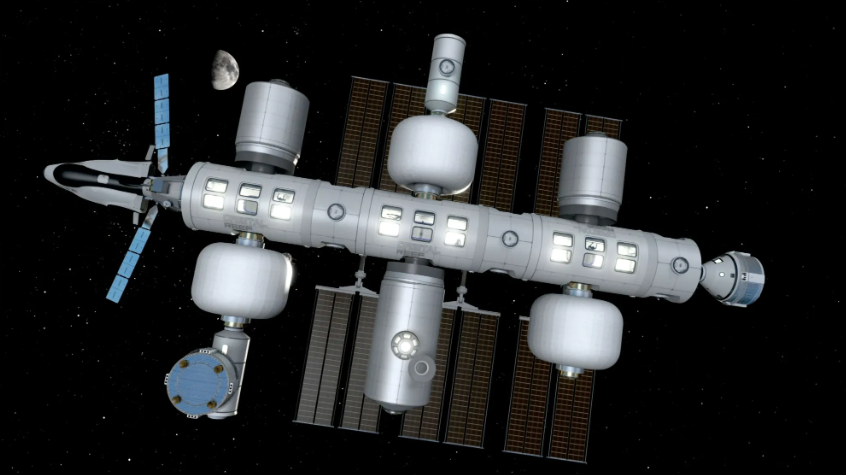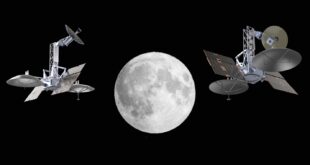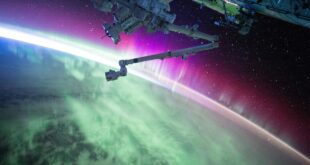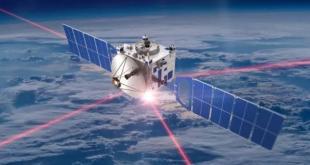
Ibadan, 8 January 2024. – NASA has modified its agreements for two funded commercial space station partners that are on track to develop low Earth orbit destinations for NASA and other customers as the International Space Station retires in 2030. The changes add new technical milestones and reallocate existing funding to allow the agency to accelerate efforts as part of NASA’s goal to foster a commercial low-Earth orbit economy.
The changes are a result of a previously announced joining of Northrop Grumman and Starlab partners originally working under separate Space Act Agreements. NASA has consequently transferred funding freed up from the withdrawal of Northrop Grumman from its agreement with NASA, as well as other program funding, to add new milestones to the existing agreements with Blue Origin and Starlab.
As a result, Blue Origin will receive an additional $42 million for its Orbital Reef station, bringing the total award to $172 million. The new milestones include several additional subsystem design reviews and technology maturation activities. They also include key tests and demonstrations in the environmental control and life support system, such as water filtration and atmospheric monitoring.
Likewise, Voyager Space’s Exploration Segment, which includes Nanoracks, will receive an additional $57.5 million for its Starlab station, bringing the total award to $217.5 million. The new milestones include the addition of development milestones for the Northrop Grumman Cygnus spacecraft, upgrading from berthing to docking to better serve Starlab and commercial markets.
Angela Hart, manager of the Commercial Low Earth Orbit Development Program at NASA’s Johnson Space Center in Houston, said, NASA commits to “continuing to work with industry with the goal having one or more stations in orbit to ensure competition, lower costs, and meet the demand of NASA and other customers.”
 SpaceWatch.Global An independent perspective on space
SpaceWatch.Global An independent perspective on space




